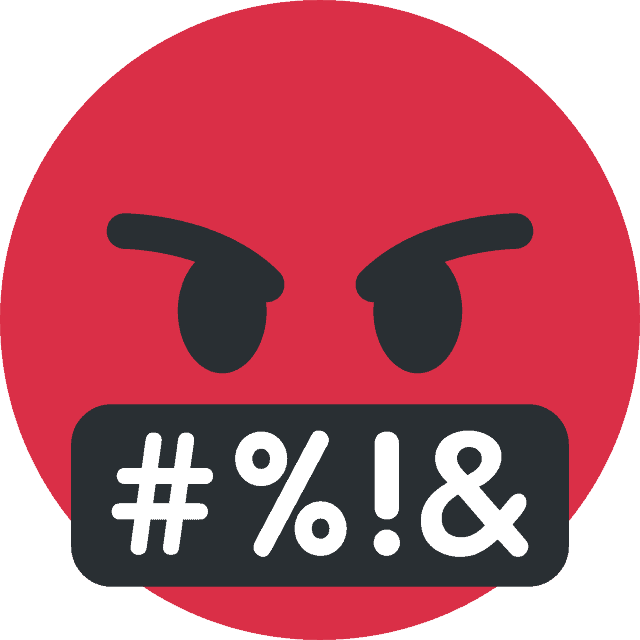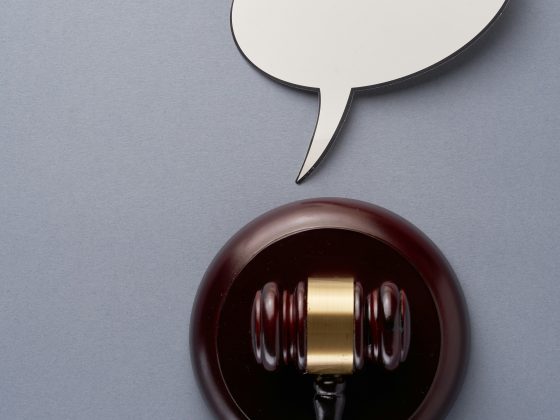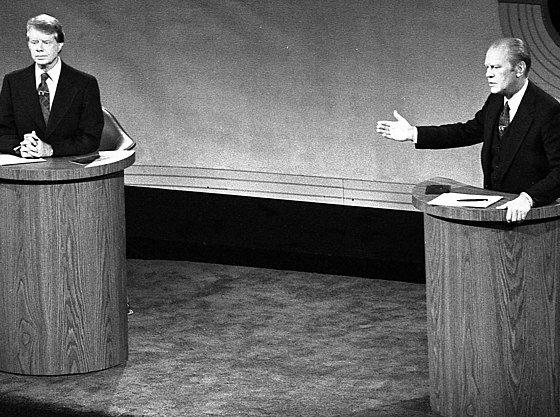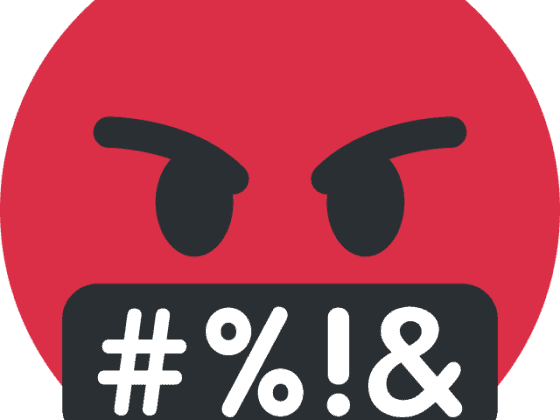Why We Swear: The History and Psychology of Curse Words
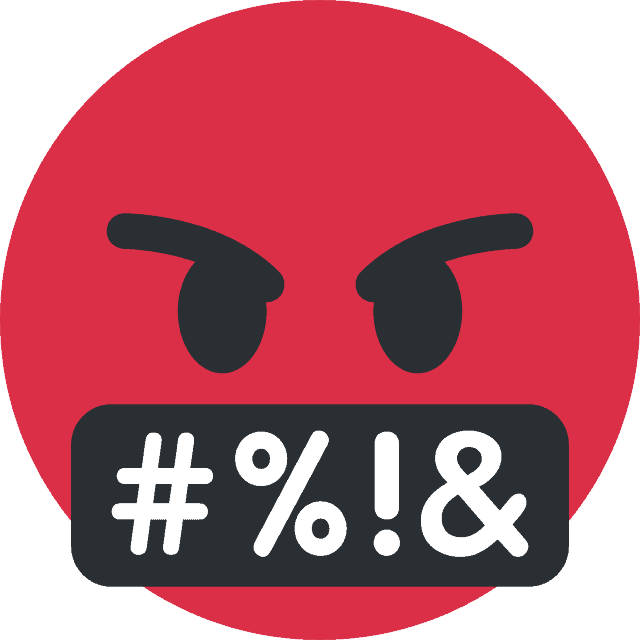
Some view profanity as offensive and inappropriate. Others don’t understand the big f*cking deal and talk like Joe Pesci, while some appreciate a cuss word here and there, particularly for those head-scratching WTF moments. Whether you give zero f*cks or not, the history of profanity and its benefits may surprise the sh*t out of you.
Key Points:
- The history of swearing, from ancient times to the Renaissance and today.
- Curse words in modern times, including landmark free speech rulings.
- The latest research finds cursing as a sign of intelligence and high vocabulary.
- Studies show that cursing is therapeutic AF.
Sh*t: The Foundation of Civilization
Often used in toilet humor, swearing is sometimes considered unsophisticated comedy. But what might surprise you is how expletives – sh*t, f*ck, piss – are also the foundations of civilization.
According to Melissa Mohr, author of Holy Sh*t: A Brief History of Swearing, some of the first words in ancient Latin were developed to designate excretions like caco (sh*t) and culus (ass). Along with frowning upon sh*tting in the street, the Romans also believed sex should be done in designated areas. So, they got organized and added sexual words to the language: cunnus (cunt), futuo (to fuck), mentula (cock), and landica (clit).
Once they organized the sh*tting and f*cking into specified areas, they could concentrate on developing the other building blocks of civilization like literature, democracy, and architecture.
Holy Sh*t
Profanity is one of the most interesting aspects of language because it goes to extremes. You can swear and say God damn it or Jesus Christ when you get a jail sentence or stub your toe. Or you can swear an oath on the Bible and promise to tell the whole truth. It can be either divine or blasphemous.
According to the Bible, you must swear by God in serious matters only and never use an oath as an insult or expletive. The most famous of these explicit rules is the third commandment – “Thou shalt not take the name of the Lord thy God in vain.” Interestingly, God left out slavery and rape from the list but if you say “Oh God” or “Jesus Christ” when you get a tax audit or step in dog sh*t, He considers it a blasphemous sin.
Oh Jesus
In the New Testament, Jesus doubles down on the no-swearing rule and tells his followers not to swear ever: ‘You shall not swear falsely, but shall perform to the Lord what you have sworn.’ (Matt. 5:33-37).

Thanks to these biblical rules and a few thousand years of triumphs and tragedies, Jesus Christ’s name has evolved into a swear word that adds a specific zing to language when emotions are intense.
And somehow, even for the atheists and agnostics, Jesus always shows up in the worst – and best – moments. Like when you win the lottery or find out your daughter is on OnlyFans. These unbelievable events might leave you speechless but the average person will likely still blurt out – Jesus Christ (or an F-bomb) without thinking, like an automatic reflex.
Welcome to Shitwell Lane

In the 13th century, medieval streets had names that are considered obscene by today’s standards. But at the time, they were descriptive, not offensive. The most well-known examples that make history goofs all giggly are Gropecuntlane, a haunt for prostitutes in Oxford, and Shitwell Way in Warwickshire, which doesn’t need an explanation.
The Real Origins of the F Word
The popular folklore surrounding the origins of the F word is the acronym for Fornication Under Control of the King. If your marriage wasn’t recognized by the king, then it was forbidden to fornicate with your special someone on a haystack.
It is a fun, well-spun tale, but it just isn’t true. According to historians, f*ck comes from the medieval Dutch verb, which means to blow, hit, or strike. In its early days, it wasn’t used in language but in names like John LeFucker, an actual person from history with an unknown profession. Historians and comedians theorize that he was either a 14th-century gigolo or the OG f*ck boy.
The 15th Century: A Different Cuntext
Today, the C word is considered a slur against women but in the 15th century, “c*nt” was the standard definition of the vulva, and even featured in the Pictorial Vocabulary often used by school teachers.
The most obscene expletives, the fighting words of the 15th century, seem tame in modern times: whore and harlot were common obscenities against women; thief, robber, and knave were directed at dishonest men along with sexual curse words such as cuckold, whoreson, and whoremonger.
Sh*theads of the Renaissance
With peasants sleeping in the mud in downtrodden shacks and sh*tting in the streets, the struggle in the middle ages was Game of Thrones-level real. Luckily things significantly improved during the Renaissance, particularly concerning sh*t and where to put it.
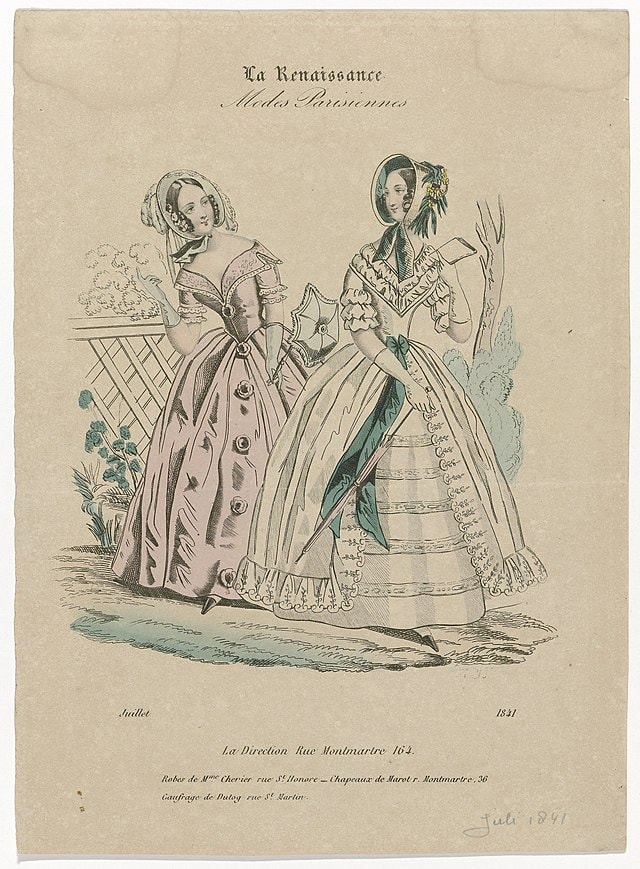
The wealthier lords and ladies started building houses with indoor plumbing and the modern idea of pooping in privacy resulted in the word “sh*t” becoming taboo. Somewhat milder than the F word or C word, “sh*t” was a member of the seven dirty words, which got comedian George Carlin arrested and put the First Amendment to the test.
Free Speech is F*cked
Speaking of the First Amendment, the Hays Code was the first film censorship organization in the U.S. Established in 1934, the ironclad rules included a long list of provisions, including no swearing.
In 1938, Gone With the Wind forever changed the film industry as the first movie allowed to say the word “damn.” After intense hostage negotiations, it was allowed on the grounds of maintaining historical accuracy. And just like that, the history of film was given the most famous movie quote of all time, the granddaddy of all mic drops: “Frankly my dear, I don’t give a damn.”
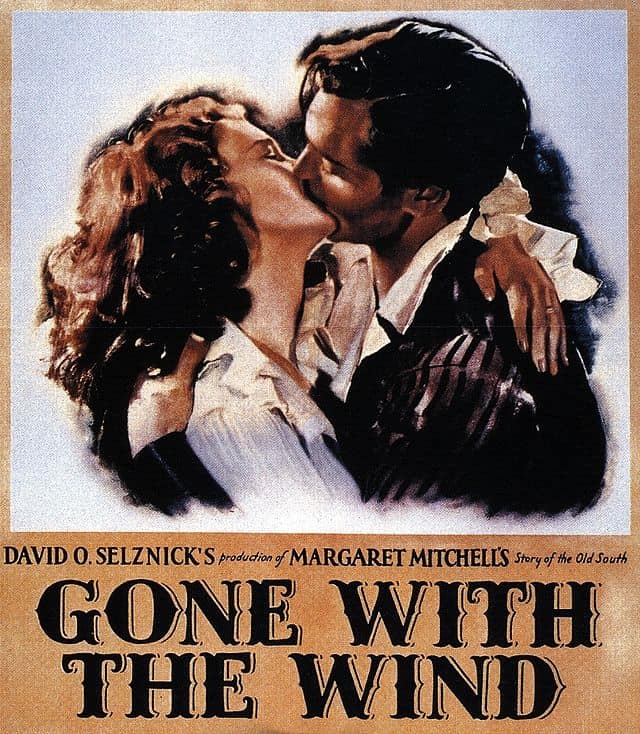
In Cohen vs California, the F word became a God-given right in 1971 when the Supreme Court prevented Cohen from being arrested for his “F*ck the Draft” t-shirt.
While the Supreme Court allowed curse words on t-shirts and signs, it was not allowed on television. In 1978, the Supreme Court ruled that broadcast media had the right to ban George Carlin’s notorious seven dirty words.
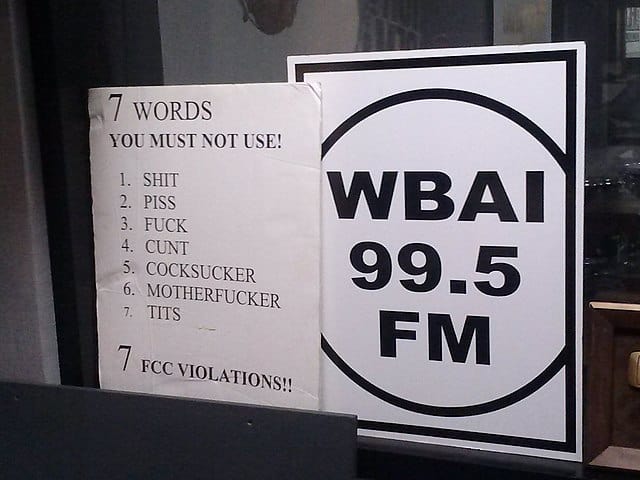
Dee Snider of Twisted Sister brought his curly blonde locks to Congress and defended artistic freedom at the 1985 PMRC Senate hearing. Starting in 1990, parental advisory stickers were required on CDs that had explicit lyrics. But the warning labels didn’t stick. In a 2005 survey, 84% of 16-17-year-olds said that warning labels did not affect their decision to buy a CD.
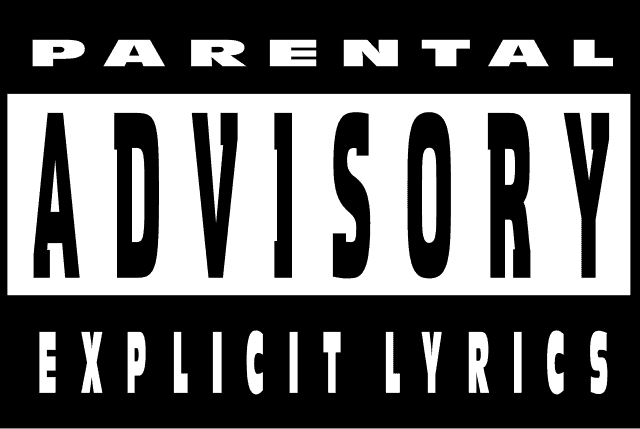
Today, “f*ck” is the most used curse word in the English language and also the most censored. The Motion Picture Association of America slaps the R rating on movies that have two or more F-bombs, which significantly limits their distribution.
Foul-mouthed in America
According to recent surveys, Americans like to cuss and they do it constantly. The national average for swearing is 21 times per day. In Columbus, Ohio, residents curse the most among major cities. The average person in Columbus cusses 36 times a day, followed by Las Vegas, Nevada (30), and Jacksonville, Florida (28). But not every community is okay with profanity. City council members in Middleborough, Massachusetts made headlines in 2012 when they imposed a $20 fine for swearing in public.
Profanity is Therapeutic AF
Why do people swear? Often an automatic reflex, profanity comes from a deeper, more emotional place in the brain, which is also shared with primates and lizards. There is a reason our brains have evolved to include a special place for swearing.
When you swear after stubbing a toe or watching your favorite football team win, your body prepares for battle by producing adrenaline. Your heart rate increases and a rush of blood flows to the extremities. These changes in bodily functions are proof that swearing makes you stronger and boosts pain thresholds. Grip strength is 5% stronger when swearing.
While using profanity towards a specific group can reinforce prejudices, research shows that cursing on a personal level facilitates an emotional release or catharsis, which can help people cope with toxic emotions like anger and frustration.
Swearing is a Sign of Intelligence
Pearl clutchers that frown upon profanity often say that cussing is an indicator of a limited vocabulary. But research suggests that this is bullsh*t. A 2015 study found a significant correlation between cursing and having an extensive vocabulary.
Love them or hate them, curse words are a universal part of human language. Even the prim and proper Julia Child occasionally dropped an F-bomb when she burned her souffle while cameras were rolling. Some might call swearing lowbrow humor, but George Carlin, the Rembrandt of comedy, got a standing ovation for his expletive-stuffed stand-up show in 1972, so perhaps it depends on the brows.
